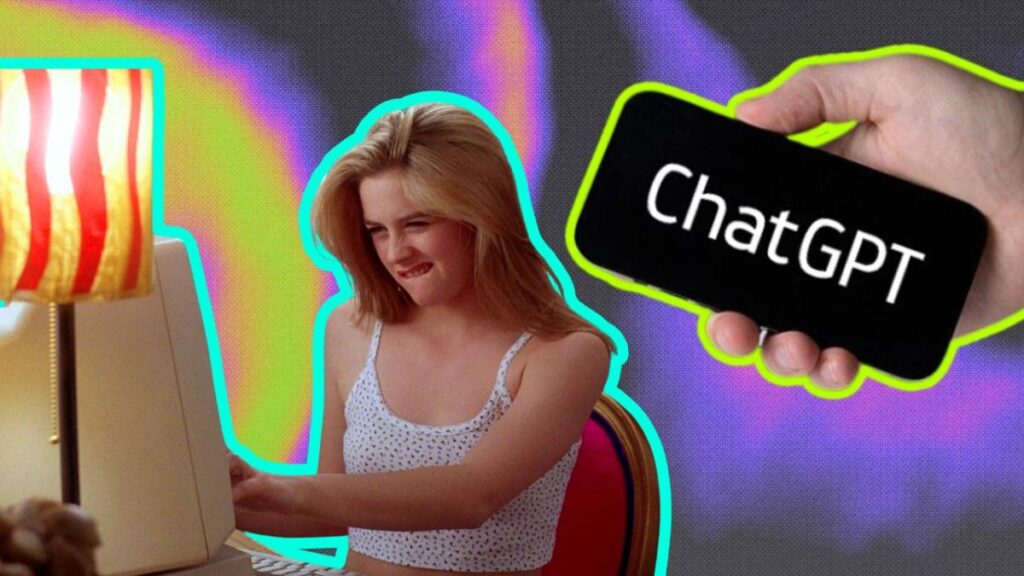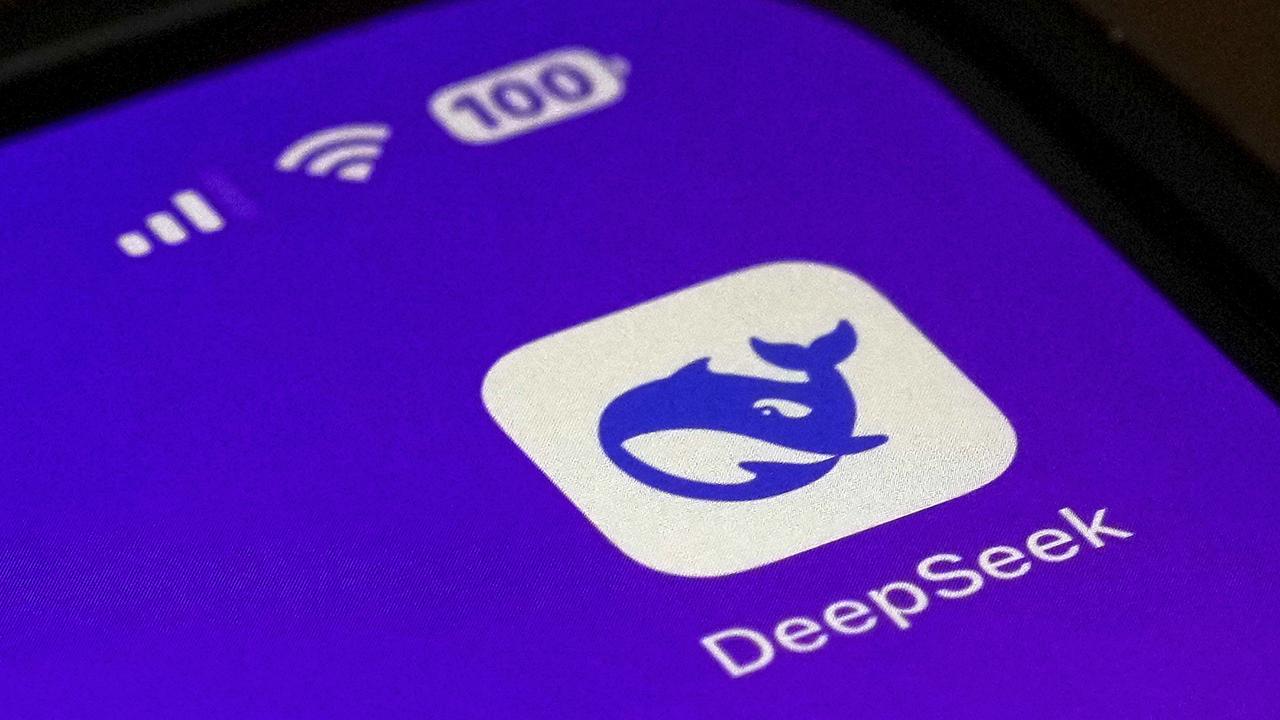
The rise of artificial intelligence (AI) has led to a notable trend among younger Australians: using ChatGPT as a form of therapy. This shift comes as mental health concerns escalate, with many Gen Z individuals seeking support from AI chatbots for personal issues, including mental health challenges. Notably, influencer Skye Wheatley recently shared her experiences of using ChatGPT to manage her ADHD, highlighting a growing reliance on technology for emotional support.
As young Australians navigate a mental health crisis, the allure of ChatGPT lies in its accessibility and low cost. Traditional therapy can be prohibitively expensive, with many practices facing long waiting lists. According to Dr. James Collett, a psychologist and senior lecturer at RMIT University, the financial burden of seeking support is substantial. He stated, “Psychological therapy can be expensive… Cost can be a barrier to seeking support, especially with current cost of living pressures.”
Young people are increasingly turning to ChatGPT for immediate access to a form of therapy that can be available around the clock and often at no cost. Jessica Herrington, a neuroscientist at the Australian National University, noted, “While traditional therapy can take weeks or months to get an appointment, there is no wait time to access ChatGPT.” This instant availability can be critical for those who feel overwhelmed or in need of immediate assistance.
Despite the practical advantages, experts caution against relying solely on AI for mental health support. Dr. Collett emphasized that ChatGPT was not designed for therapeutic use and should be approached with caution. “ChatGPT has not been designed with psychological therapy in mind… it provides therapeutic guidance that is not unique,” he explained. The system operates by synthesizing information from various sources, which may not accurately reflect individual needs or contexts.
The lack of human understanding presents limitations. ChatGPT cannot interpret non-verbal cues or grasp the nuances of personal experiences that a trained therapist would typically address. Herrington pointed out that AI lacks the capacity to understand the complexities of human emotion, stating, “ChatGPT does not know what it is like to live as a human being in the world.” This gap highlights the importance of human therapists, who can tailor their approaches based on personal context and emotional cues.
While ChatGPT can serve as a preliminary step for some, experts suggest it should not replace traditional therapy. Both Collett and Herrington agree that AI can be a useful tool for self-exploration and preparation before engaging with a mental health professional. “Using ChatGPT can provide a means for people to explore what psychological therapy might look like,” Collett said, adding that it may help users feel more comfortable when they decide to speak with a psychologist.
The potential risks of using AI chatbots for therapy cannot be ignored. Collett warned that the tendency of ChatGPT to affirm users’ feelings can lead to confirmation bias. “ChatGPT tends to shape its responses towards what an individual wants to hear, which might be quite different from what would be legitimately helpful to hear,” he explained. This can create a distorted perception of reality, especially for individuals grappling with mental health issues.
As AI technology evolves, experts foresee a future where AI tools could complement traditional therapy. Collett mentioned the possibility of therapists recommending specific AI tools to clients as adjuncts to their therapeutic work. He envisions the emergence of dedicated therapy chatbots equipped with evidence-based algorithms that could assist in various therapeutic processes.
In conclusion, while there are undeniable benefits to using ChatGPT for mental health support, it is essential to approach this technology with caution. The convenience and anonymity it provides may appeal to many, but it cannot fully replace the depth of understanding and personal connection that comes from working with a trained therapist. As Dr. Collett advised, those experiencing psychological distress should prioritize seeking support from a professional therapist.






